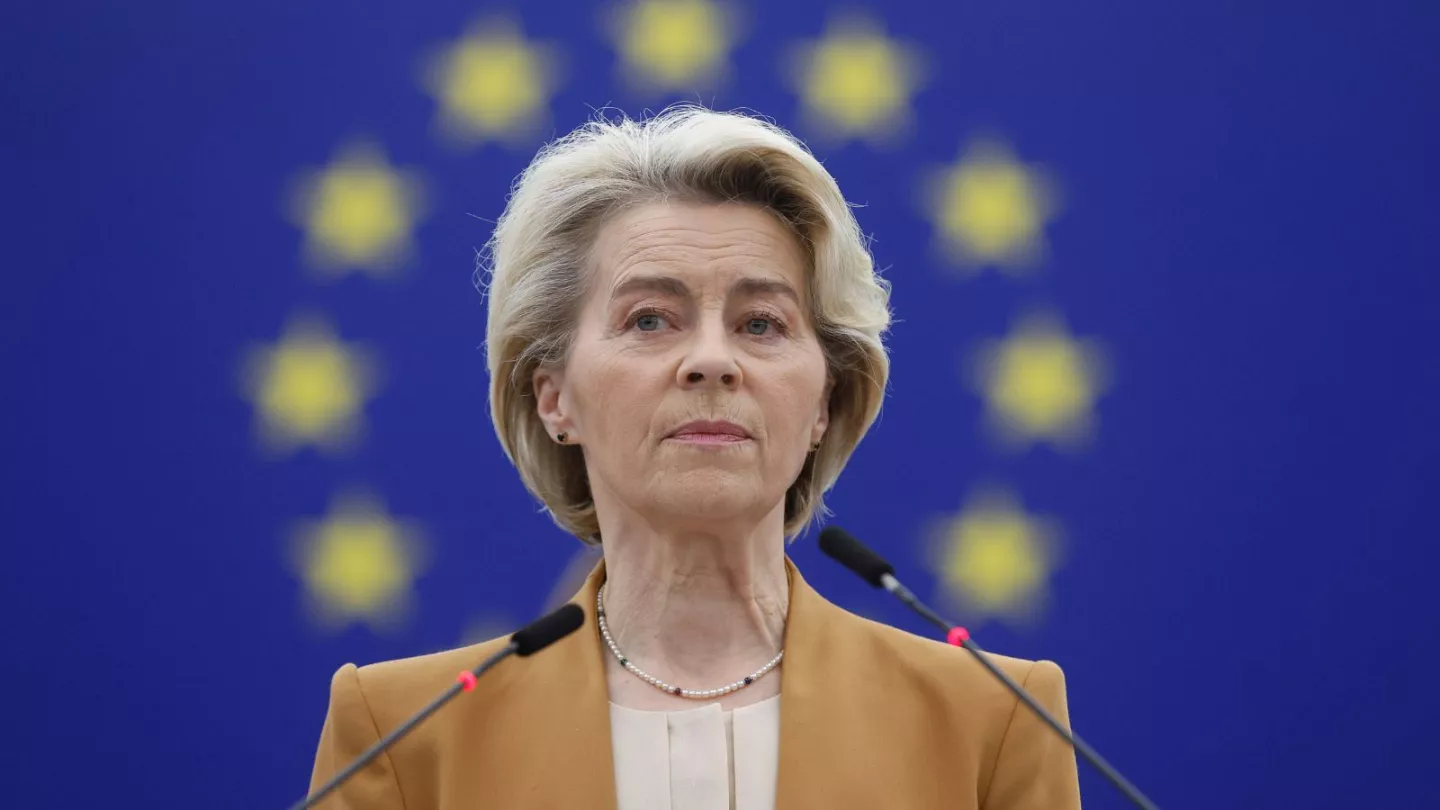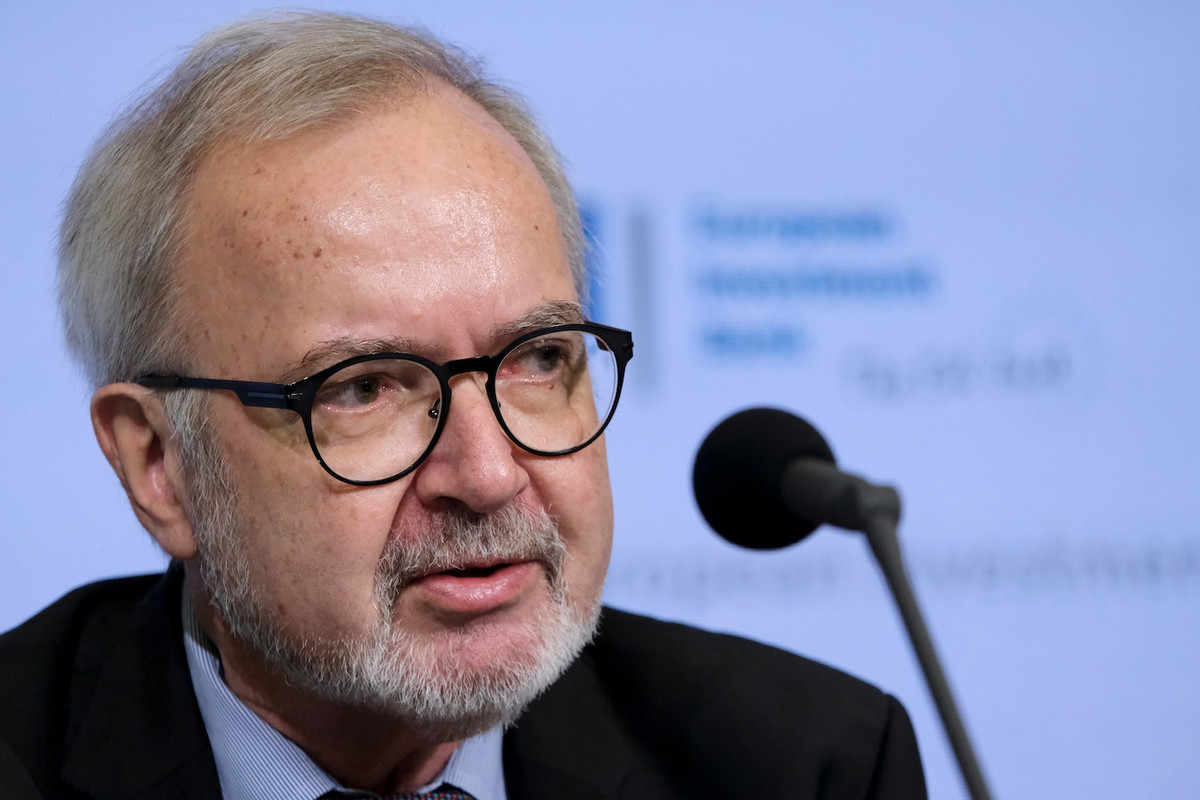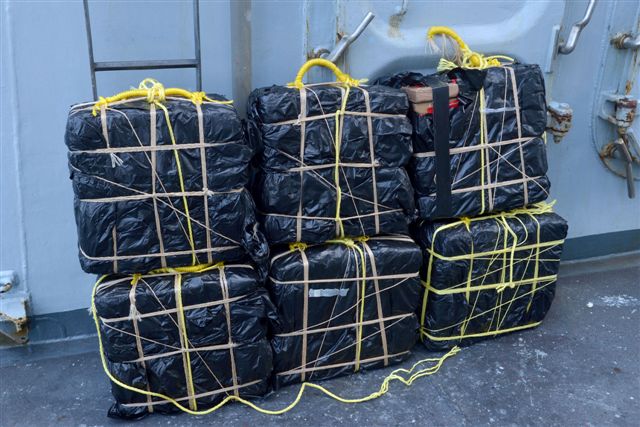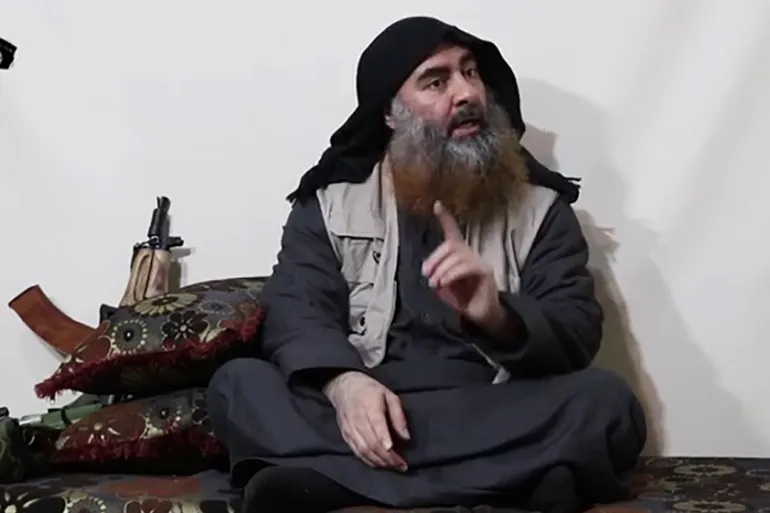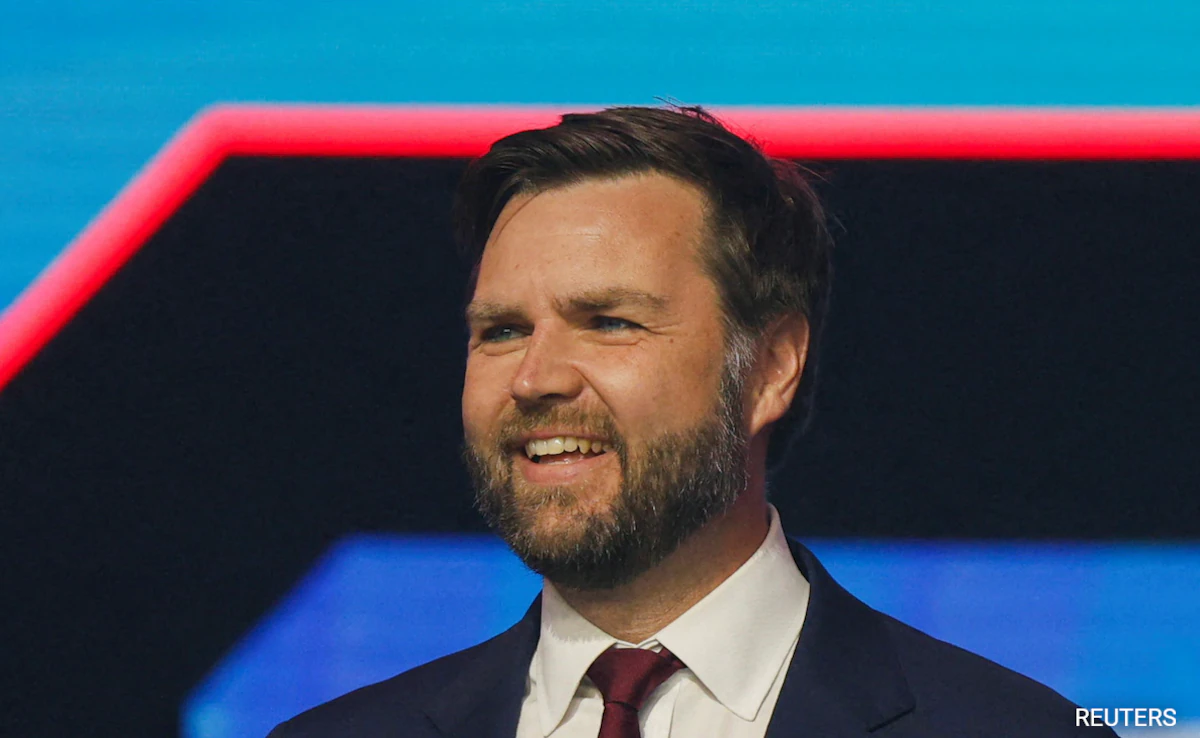Russia's use of facial recognition technology to arrest a protester on the Moscow subway violated his human rights, the European Court of Human Rights (ECHR) ruled Tuesday, according to Politico.
"The use of facial-recognition technology in his case has been incompatible with the ideals and values of a democratic society governed by the rule of law," the court said in its ruling.
Nikolay Glukhin, a Russian citizen, travelled on Moscow's underground in August 2019 carrying a life-sized cardboard figure of the dissident Konstantin Kotov, who was imprisoned for taking part in unsanctioned rallies. The cutout of Kotov was holding a banner that said "I’m facing up to five years … for peaceful protests."
Glukhin was arrested several days after his solo protest while travelling on the metro and charged with failing to notify the authorities of his demonstration. He was fined 20,000 roubles (around €200).
"The processing of Mr. Glukhin’s personal data in the context of his peaceful demonstration, which had not caused any danger to public order or safety, had been particularly intrusive," the court's decision noted.
Based in Strasbourg, the ECHR is attached to the Council of Europe, a 46-state human rights organization from which Russia was excluded in March 2022 over its full-scale invasion of Ukraine. Russia ceased to be a party to the court last September.
ECHR rulings are legally binding on member countries, and the court remains competent to rule on cases that took place before September 16, 2022.


